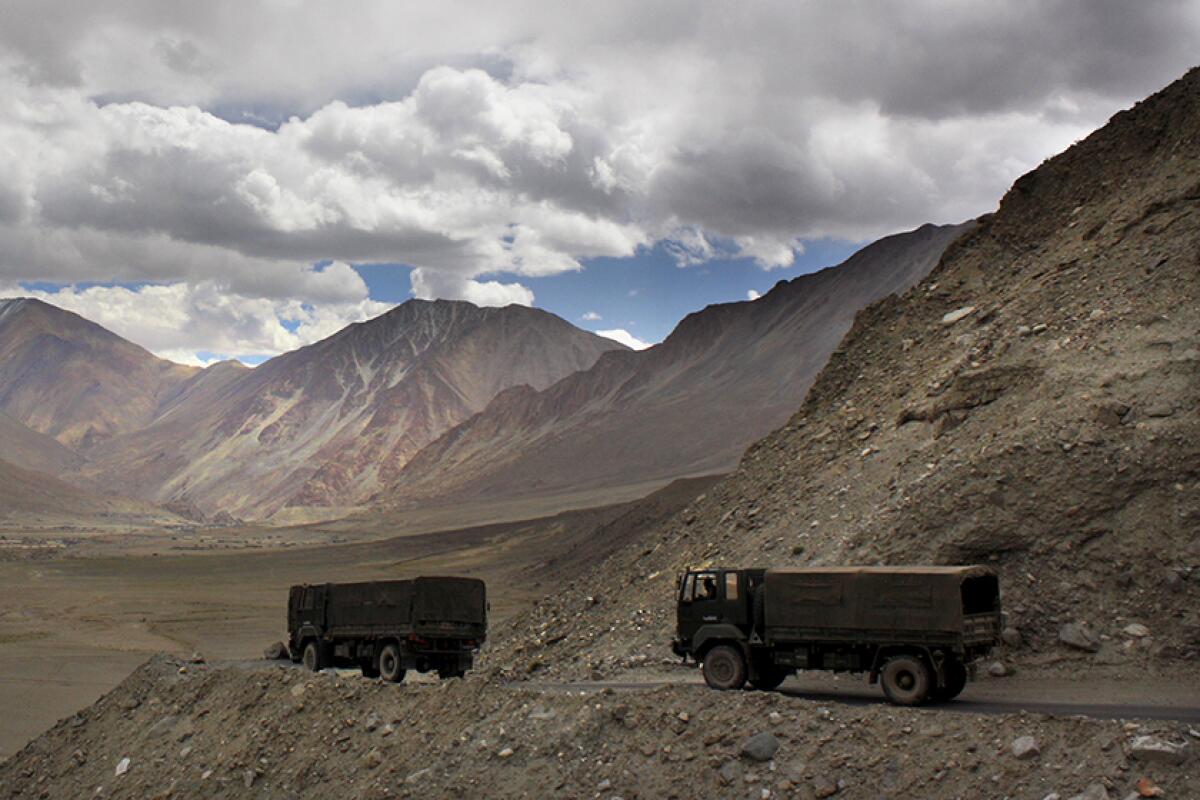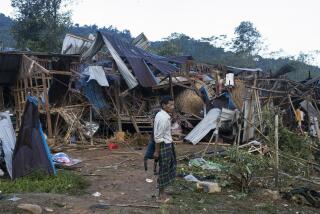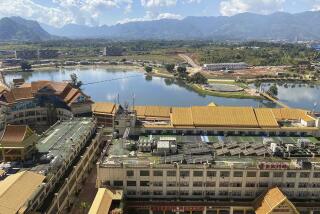India, China begin troop withdrawal from contested border

SRINAGAR, India — China and India have been pulling back frontline troops along disputed portions of their mountain border where they have been in a standoff for months, officials in both countries said.
The troops started the disengagement on Wednesday at the southern and northern banks of Pangong Lake in the Ladakh region, according to the officials.
India and China will remove forward deployments in a “phased, coordinated and verified manner,” Indian Defense Minister Rajnath Singh told Parliament on Thursday.
China’s Defense Ministry said in a statement Wednesday that both sides had started a “synchronized and organized” disengagement.
The tense standoff high in the Karakoram mountains began in early May, when Indian officials said Chinese soldiers crossed the frontier at three different points in Ladakh, erecting tents and guard posts and ignoring verbal warnings to leave. That triggered shouting matches, stone-throwing and fistfights, much of it replayed on television news and social media.
Tensions exploded into hand-to-hand combat with clubs, stones and fists on June 15 that left 20 Indian soldiers dead. China is believed to have also had casualties, but has not given any details.
Since then, both countries have stationed tens of thousands of their soldiers backed by artillery, tanks and fighter jets along the fiercely contested Line of Actual Control with troops settling in for the harsh winter.
The line separates Chinese-held and Indian-held territories from Ladakh in the west to India’s eastern state of Arunachal Pradesh, which China claims in its entirety. It is broken in parts where the Himalayan nations of Nepal and Bhutan border China. It divides areas of physical control rather than territorial claims.
India claims the Chinese-controlled Aksai Chin plateau as part of the Ladakh region. According to India, the control line is 2,167 miles long, though China says it is considerably shorter.
Relations between the two countries have often been strained, partly due to their disputed border. They fought a border war in 1962 that spilled into Ladakh and ended in an uneasy truce. Since then, troops have guarded the undefined border and occasionally brawled. They have agreed not to attack each other with firearms.
But in September, China and India each accused the other of sending soldiers into the other’s territory and fired warning shots for the first time in 45 years, raising the specter of full-scale military conflict.
India unilaterally declared Ladakh a federal territory and separated it from disputed Kashmir in August 2019, ending Indian-administered Kashmir’s semi-autonomous status. It also vowed to take back the Aksai Chin plateau.
China was among the first countries to strongly condemn the move, raising it at international forums including the U.N. Security Council.
More to Read
Sign up for Essential California
The most important California stories and recommendations in your inbox every morning.
You may occasionally receive promotional content from the Los Angeles Times.










